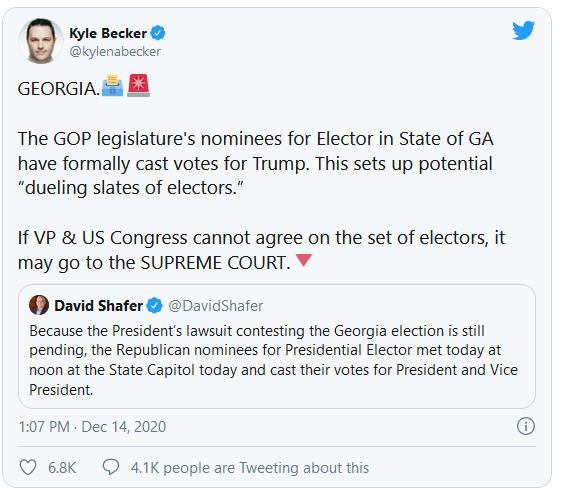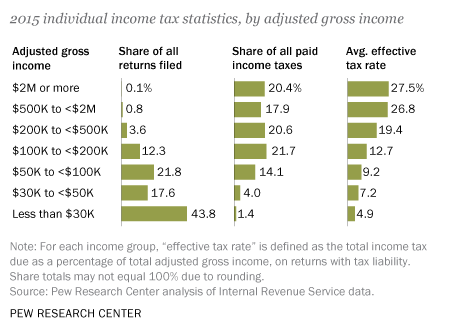On Sunday, Townhall posted an article about an Amendment to H.R. 2882 proposed by Senator Bill Hagerty (R-TN) that would have stopped the Biden Administration from chartering more than 32,000 illegal immigrants from their countries to various American communities.
The article reports:
Sen. Bill Hagerty (R-TN) called out Democrats on Friday night after they opposed legislation that would protect American tax dollars from being spent on flights for hundreds of thousands of illegal aliens to be flown to cities across the country.
“Make no mistake here. President Biden has secretly been flying hundreds of thousands of illegal aliens in foreign countries into blue-city airports,” Hagerty said from the Senate floor. “Just last year alone, in 2023, it was reported that some 320,000 illegal aliens have been flown in using this method.”
…Hagerty also warned about the implications of illegal aliens living in American communities would have on Congressional seats and electoral college votes.
“Illegal aliens are counted when determining Americans’ representation in government, and the worth of their votes. The more illegal aliens and non-citizens in your state or district, the greater your voting power in Congress and presidential elections,” Hagerty said in a statement. “This means that in a state like California—or a city like New York—millions of illegal aliens result in several more Congressional seats and Electoral College votes for that jurisdiction.”
He claimed that this explains why every single Democrat who voted on his amendment opposed it, adding that the left is “weaponizing the census.”
Hagerty accused Democrats of being desperate to preserve their political power and making it easier for blue states to “backfill their declining populations” by delivering illegal immigrants to their towns.
There is no guarantee how the illegal aliens will vote (without a doubt, they will be voting within five years); however, they will currently impact the census and the Electoral College. Somehow I don’t think this is what the Founding Fathers had in mind.






